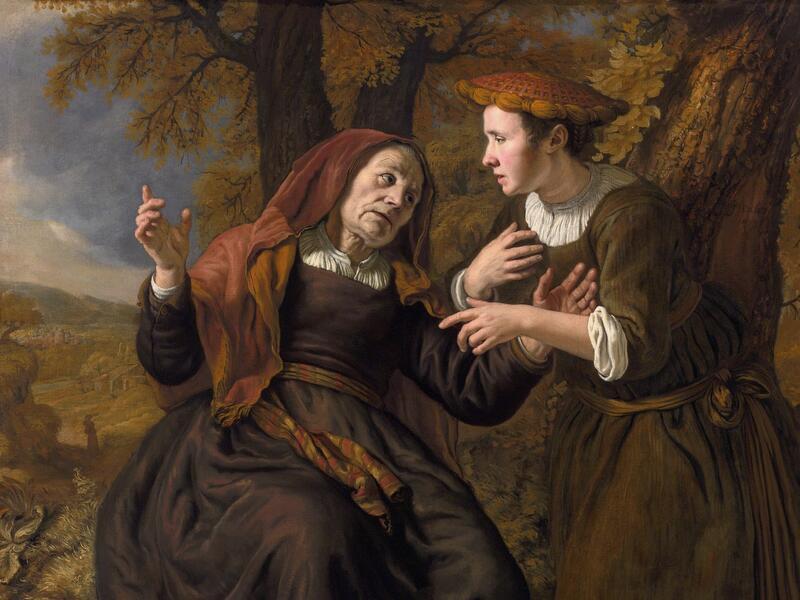
What is teaching hard history?
Teaching Hard History begins with the long and brutal legacy of chattel slavery and reaches through the victories of and violent responses to the civil rights movement to the present day.
What is teaching hard history K–5?
Kate Shuster guides us through the new Teaching Hard History K–5 framework from Learning for Justice. We also learn how four elementary teachers are beginning to use it in their classrooms. Understanding Indigenous enslavement expands our conception of slavery in what is now the United States.
Who is the professor of hard history at Ohio State University?
A graduate of Morehouse College and Duke University, Jeffries holds a Ph.D. in American history with a specialization in African-American history. He is an Associate Professor of History at The Ohio State University and chair of the Teaching Hard History Advisory Board. by David Blight

How do you teach hard history topics?
Give difficult content historical perspective. Understanding world views and the events around a difficult time in history will help your students put it in context. Anticipate real-world connections. Be aware of students' backgrounds: what you describe as difficult history may echo or have shaped their lives today.
Is listening to podcasts a good way to learn history?
Podcasts are an excellent teaching tool for engaging students and enhancing educators' own content knowledge or professional learning. Podcasts may also be used to help students with disabilties access historical content when traditional textbooks or notetaking strategies are not effective.
What does hard history mean?
“It's stories about the past that make us feel good about ourselves in the present, and so we actually run from what I call hard history: those troubling aspects of the past that make us uncomfortable. That's what we're trying to break through.”
Why is it important to learn hard history?
It's the past we step into and how we repair it.” These events encourage participants to critically examine and reconsider aspects of our past and present in a way that focuses on hope, resistance, Black & indigenous agency, resilience, empowerment, and reconciliation.
How do teachers use podcasts?
5 Ways to Use Podcasts in TeachingSet existing podcasts to listen to. There are loads of podcasts already out there, so why not take advantage? ... Repurpose lectures as podcasts. ... Record conversations with others. ... Use storytelling in your podcasts. ... Get students to make their own podcasts.
What ways are podcasts used for educational purposes?
Podcasts allow students to practice their listening comprehension of complex texts that are both conversational and formal, and the corresponding transcripts enable students to confirm their success.
Is history a difficult subject?
History degrees are very difficult as they involve looking into the past by reading texts and thinking tirelessly, trying to piece bits of historical data together to form an original interesting idea often contradicting the existing literature on a subject.
Why did the North not use slavery?
The reality is that the North's opposition to slavery was based on political and anti-south sentiment, economic factors, racism, and the creation of a new American ideology.
How do you teach history?
7 History Teaching TipsFind Great Homeschool History Curriculum.Simplify for Students.Make it Stick With Stories.Accent Learning With Activities.Help History Hop off the Page.Focus on Film.Review Facts and Relics.
How does history shape who you are?
History helps one to understand the immense complexity of our world and therefore enables one to cope with the problems and possibilities of the present and future. History provides us with a sense of identity. People need to develop a sense of their collective past. Events in the past have made us what we are today.
Why historical thinking is not about history?
In Sam Wineburg's article “Why Historical Thinking is not about History” Wineburg tackled the idea that historical thinking is not about history. He claims that different generations got their information in different ways and have gone about trusting them in different ways.
What year did slavery end?
1865The House Joint Resolution proposing the 13th amendment to the Constitution, January 31, 1865; Enrolled Acts and Resolutions of Congress, 1789-1999; General Records of the United States Government; Record Group 11; National Archives.
What is a historian podcast?
This podcast focuses on short interviews with historians. Through the interviews, historians discuss the interviews they’ve researched. These interviews include really specific topics. As a teacher, you probably won’t be interested in all of the episodes. However, you can search through and find topics related to the areas you teach.
What is the Civil War podcast?
As the name indicates, this podcast focuses on the Civil War, but not the Civil War you’d expect. This podcast is made for those who don’t consider themselves “Civil War buffs.” Each episode focuses on a single story, and most are more focused on the social history of the Civil War, and the stories that haven’t been told. It explores some of the common myths associated with the Civil War.
What is the topic of the Slavery podcast?
This podcast focuses specifically on American slavery and teaching slavery in U.S. classrooms. Slavery is a topic that is often misunderstood and incorrectly in our classrooms. If you’re looking to up your historical knowledge surround this sensitive topic, this podcast is essential listening.
Who hosts the revisionist podcast?
Revisionist History. Hosted by Malcolm Gladwell, this podcast takes commonly told tales from American History and examines them from an alternative viewpoint. These are stories that you have likely never heard, and they reframe your understanding of what you thought you know about a particular topic.
What is the first season of Watergate podcast?
The first season of this podcasts focuses on the Watergate Scandal. They are midway through the second season currently, and that one is focused on the Clinton impeachment. For this podcast, you really need to start with the beginning. There are so many twists and turns – it would be too complicated to start in the middle.
